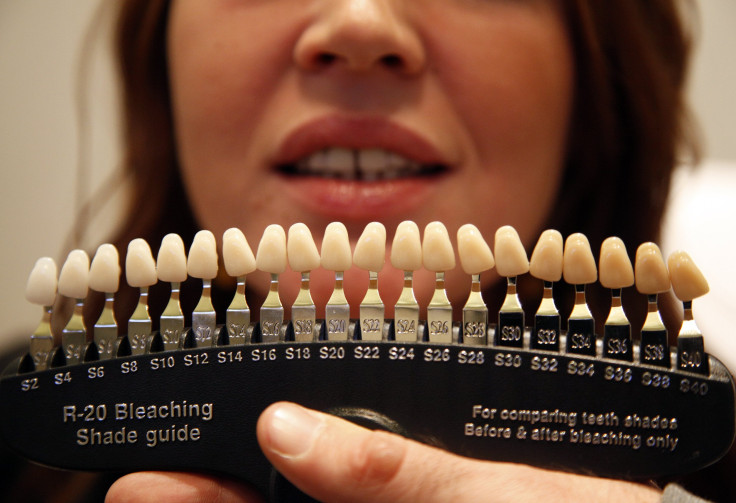Gum Disease Linked To Breast Cancer In Postmenopausal Women With A History Of Smoking

Periodontal disease, also known as gum disease, is all too common — almost half of Americans over the age of 30 — and all too dangerous, including a higher risk for heart disease, stroke, and diabetes. A recent study conducted by researchers from the University at Buffalo's School of Public Health and Health Professions has found that postmenopausal women with gum disease and history of smoking have a significantly higher risk for breast cancer.
"We know that the bacteria in the mouths of current and former smokers who quit recently are different from those in the mouths of non-smokers," Dr. Jo L. Freudenheim, distinguished professor in the Department of Epidemiology and Environmental Health at the university, said in a statement.
Freudenheim and her colleagues gathered data from 73,737 postmenopausal women — none of which had been previously diagnosed with breast cancer — who enrolled in the Women’s Health Initiative Observational Study. The research team investigated the link between gum disease and breast cancer while keeping in mind that previous research has shown the effects of gum disease may vary depending on the patient’s history with smoking.
After diagnosing 26.1 percent of women from the study with gum disease, the researchers conducted an average of 6.7 years of follow-up research. By the end of the study, 2,124 of the women had been diagnosed with breast cancer. Among all women enrolled in the study, the risk for developing breast cancer was 14 percent higher in women with gum disease.
Just as the research team predicted, smoking had a significant impact on breast cancer development. Women with gum disease who had also quit smoking within the past 20 years had a 36 percent higher risk for breast cancer. On the other hand, women with no history of smoking and those who quit more than 20 years ago had between a 6 and 8 percent risk for being diagnosed with breast cancer.
According to the National Institute of Dental and Craniofacial Research, gum diseases can include anything from gum inflammation to a serious condition resulting in major damage to the soft tissue and bones that support teeth. Plaque — the result of bacteria, mucus, and other particles buildup on teeth — hardens with time and forms tartar.
As plaque and tartar go untreated, bacteria causes an inflammation of the gums known as gingivitis. If gingivitis is left untreated, it will result in periodontitis, or “inflammation around the tooth.” This buildup of bacteria could also help explain the link between gum disease and breast cancer. Although it will take further research to establish a causal link, the research team suspects that this bacteria also effects breast tissue.
A pair of similar studies conducted by researchers from Harvard and Case Western Reserve University found that a specific strain of mouth bacteria that can result in both gum disease and colorectal cancer. The family of microbes, dubbed Fusobacteria, starts off in the mouth and is often associated with gum disease. They can also move through blood vessels before eventually reaching various areas of the intestinal tract, like the colon.
Source: Genco R, LaMonte M, Freudenheim J, et al. Periodontal Disease and Breast Cancer: Prospective Cohort Study of Postmenopausal Women. Cancer Epidemiology, Biomarkers & Prevention. 2015.
Published by Medicaldaily.com



























